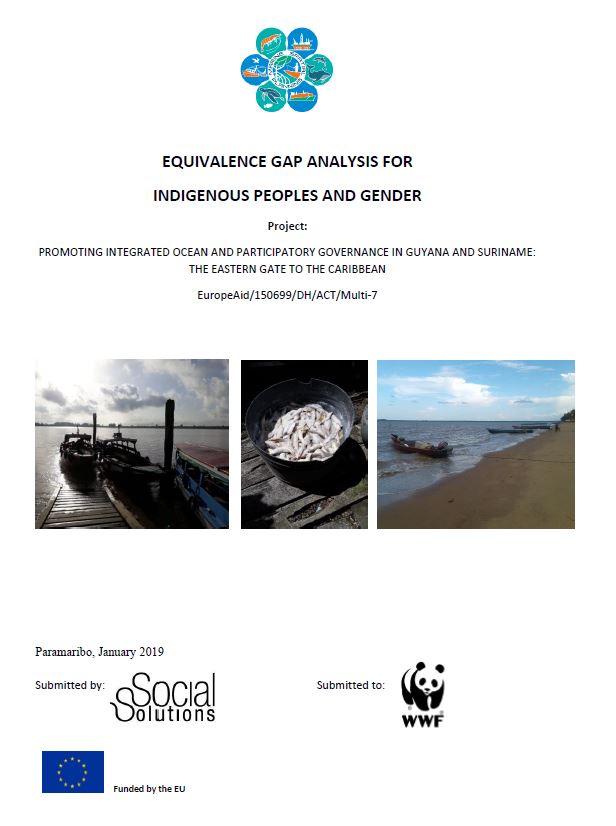The Equivalence Gap analysis for Indigenous Peoples (IPs) and Gender screens for the impacts on Indigenous Peoples and women to ensure that stakeholders from marginalized groups are enabled to participate actively, fully and fairly, and with an understanding of the different motivations, stakes, and constraints of an action/process. This analysis is conducted with full respect for the unique identity, culture, dignity, livelihood systems, and human rights of the marginalized groups. Furthermore, this equivalence gap analysis for IPs and gender allows implementers to take measures to ensure that the project outputs do not directly or indirectly result in adverse impacts on women and on the dignity, human rights, livelihood system or culture of IPs. Within the action, acceptable compromises (win/wins) and the mitigation of adverse impacts on the social economic conditions and the distribution of resources and benefits of IPs and women can be achieved through the equivalence gap analysis and its identification of the stakes, concerns, needs, motivations, and constraints of both marginalized groups.





